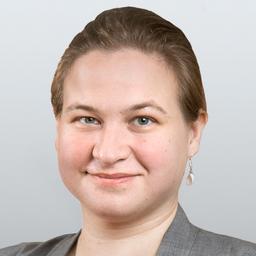In November 2018, Peter Navarro, the White House trade adviser who at the time was intimately involved in President Donald Trump’s trade war with Beijing, launched a scathing attack on what he called the “globalist billionaires” of Wall Street.
He accused the “self-appointed group of Wall Street bankers and hedge fund managers” of engaging in their own “shuttle diplomacy” with the Chinese side and attempting to sabotage U.S. trade negotiations by putting enormous pressure on the White House to give way to Beijing. Navarro further accused the financial elite of being “unregistered foreign agents” acting as part of Beijing’s influence operations in Washington.



